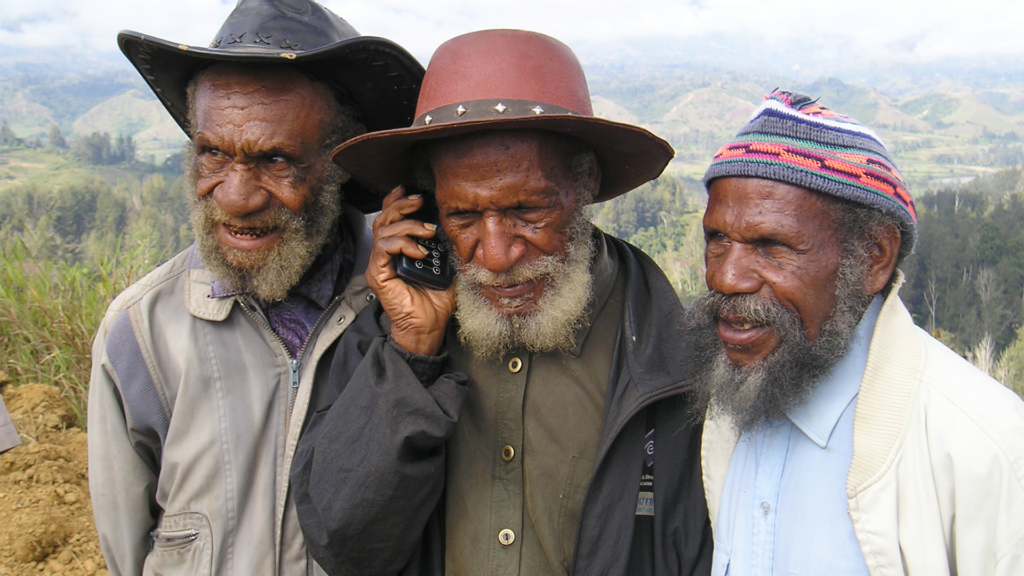There is little persecution of Christians in the South Pacific. Occasionally there are new believers who are expelled from their villages because they choose to follow Jesus and the truths of Scripture. In public debate in Australia and New Zealand, Christians are often ridiculed because of their belief in morality and relational ethics. At such times the message from Paul to the Thessalonians can benefit.
Thessaloniki was a walled city with a population of 200,000 people when the apostle Paul visited in about AD 50. This was the second city he visited in Europe. As was his custom Paul worshipped on three Sabbaths in the synagogue and preached to the Jews and believing Gentiles before he was asked to leave. A local resident, Jason, believed Paul’s scriptural message and could see that Jesus was the prophesied Christ, who was the Saviour of the world. The Jews were so threatened by the message that they gathered a mob from the Forum or marketplace to physically challenge Paul. However, Jason stood up against them–posted bail and enabled Paul to escape to Berea. These same Jews followed Paul and he had to flee again for his own safety (Acts 17:2-9,13,14).
In about 305 AD the eastern Roman Emperor Galerius martyred Demetrius in Thessaloniki as part of the most intensive persecution of Christians in history. With games being held in the city, rivals to Demetrius, a faithful Christian with a high position, had him arrested. In prison, he blessed a young Christian disciple who was to be pitted against the famous gladiator “giant” Lyaeus, styled as a champion of paganism and the emperor. When the emperor’s gladiator was defeated, Galerius was enfuriated and Demetrius’ blessing was blamed. Demetrius was martyred on the spot. The Greek Orthodox Church in Thessaloniki and many other Orthodox faiths still honour Demetrius as a saint.
Paul’s letter to the Thessalonians acknowledges the persecution (1 Thessalonians 1:6,7, 2:14, 3:3,4). But in the conclusion Paul admonishes them to “encourage the faint hearted, help the weak . . . see that no-one repays anyone evil for evil, but always seek to do good to one another and to everyone” (1 Thessalonians 5:14,15). As Christians this is great advice for times when we are challenged about our beliefs.






